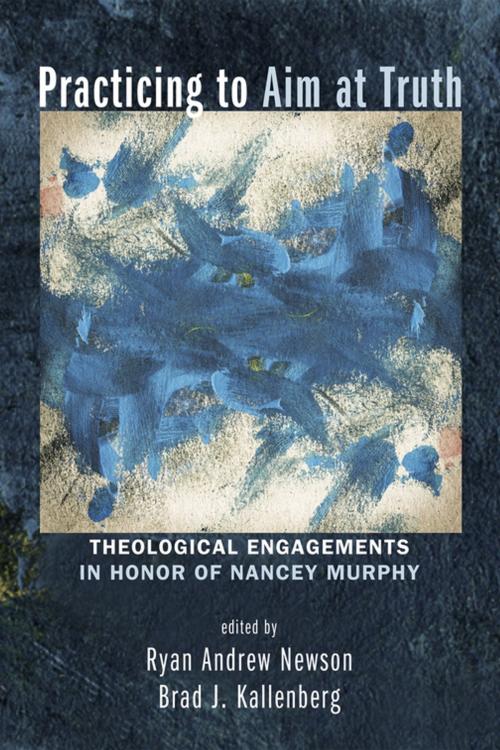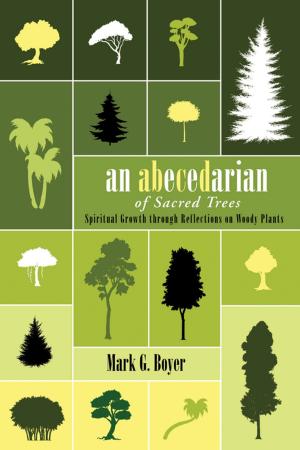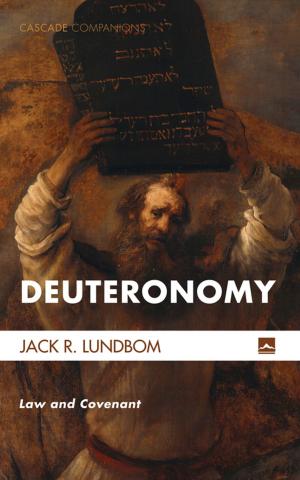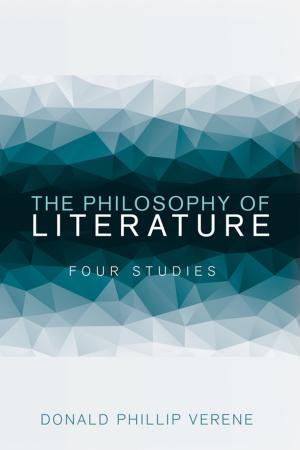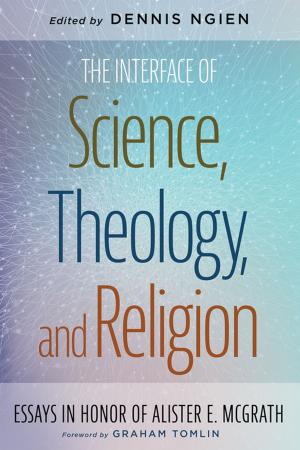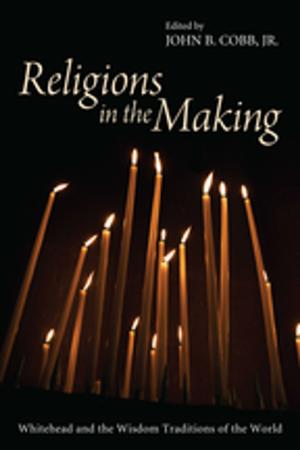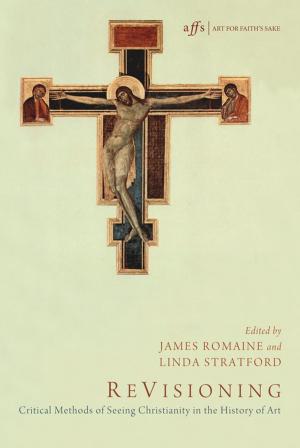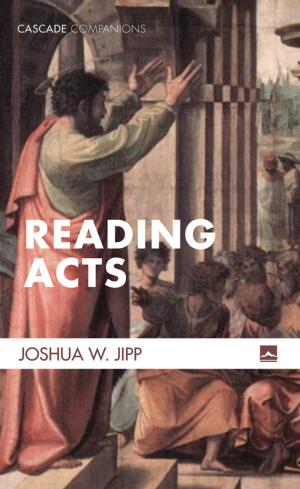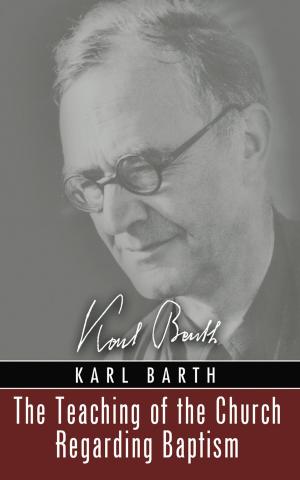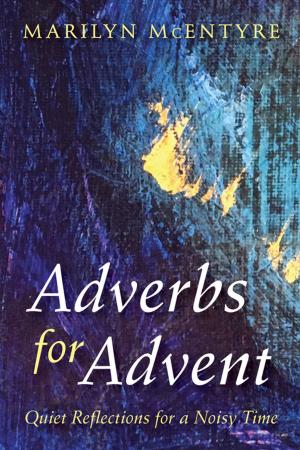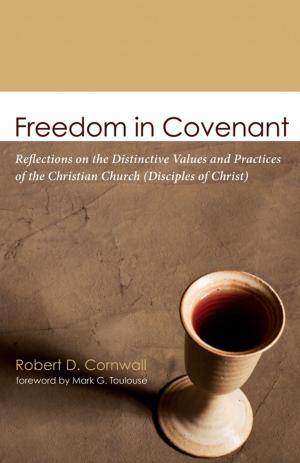Practicing to Aim at Truth
Theological Engagements in Honor of Nancey Murphy
Nonfiction, Religion & Spirituality| Author: | ISBN: | 9781498280099 | |
| Publisher: | Wipf and Stock Publishers | Publication: | October 16, 2015 |
| Imprint: | Cascade Books | Language: | English |
| Author: | |
| ISBN: | 9781498280099 |
| Publisher: | Wipf and Stock Publishers |
| Publication: | October 16, 2015 |
| Imprint: | Cascade Books |
| Language: | English |
Beginning with her award-winning book Theology in the Age of Scientific Reasoning (1990), Nancey Murphy has used philosophy of science as a way into, and catalyst for, fresh thinking in cosmology, divine action, epistemology, cognitive neuroscience, theological anthropology, philosophy of mind, and Christian virtue ethics. The essays in this book, written by her students and colleagues, creatively honor Murphy by extending a number of her core insights within their respective disciplines. An introduction provides both an account of Murphy's unique location (an Anabaptist teaching at an evangelical graduate institution) and a summary of her contributions to theology as a philosopher of science whose corpus more than any other epitomizes the paradigm shift in philosophy sometimes called "Anglo-American postmodernity." Subsequently, fourteen essays provide unique engagements with Murphy on subjects including divine action, the interaction between science and theology, epistemology, the nature of humanity, and political theology. In its entirety, Practicing to Aim at Truth provides the first in-depth interaction with and extension of Nancey Murphy's unique school of thought, providing a resource both for those wishing to extend her research program as well as those wishing to understand it charitably in order to critique it.
Beginning with her award-winning book Theology in the Age of Scientific Reasoning (1990), Nancey Murphy has used philosophy of science as a way into, and catalyst for, fresh thinking in cosmology, divine action, epistemology, cognitive neuroscience, theological anthropology, philosophy of mind, and Christian virtue ethics. The essays in this book, written by her students and colleagues, creatively honor Murphy by extending a number of her core insights within their respective disciplines. An introduction provides both an account of Murphy's unique location (an Anabaptist teaching at an evangelical graduate institution) and a summary of her contributions to theology as a philosopher of science whose corpus more than any other epitomizes the paradigm shift in philosophy sometimes called "Anglo-American postmodernity." Subsequently, fourteen essays provide unique engagements with Murphy on subjects including divine action, the interaction between science and theology, epistemology, the nature of humanity, and political theology. In its entirety, Practicing to Aim at Truth provides the first in-depth interaction with and extension of Nancey Murphy's unique school of thought, providing a resource both for those wishing to extend her research program as well as those wishing to understand it charitably in order to critique it.
